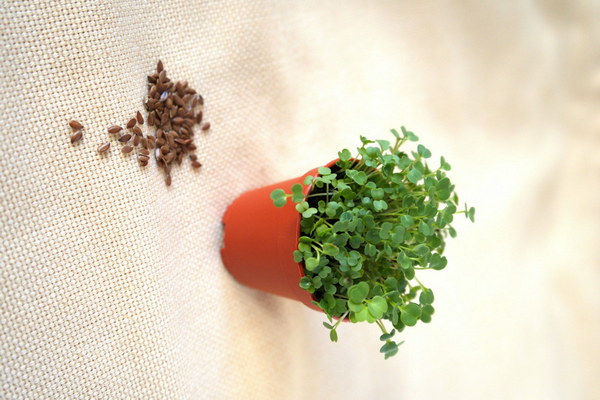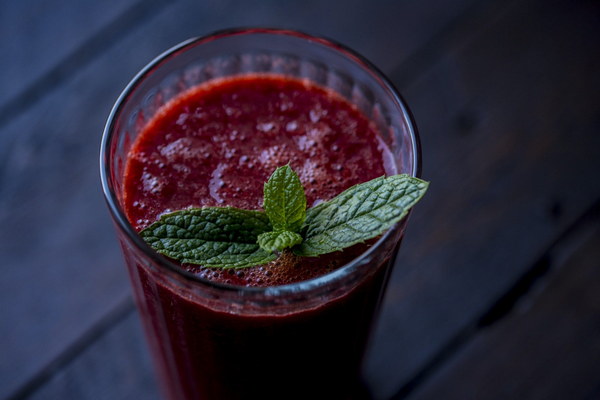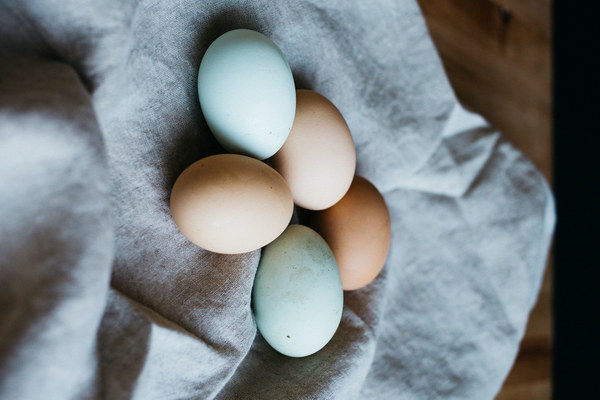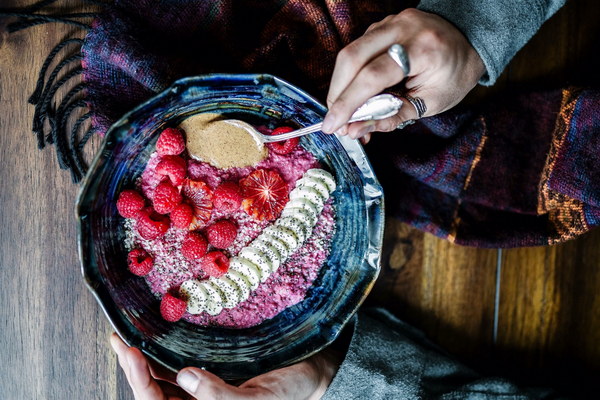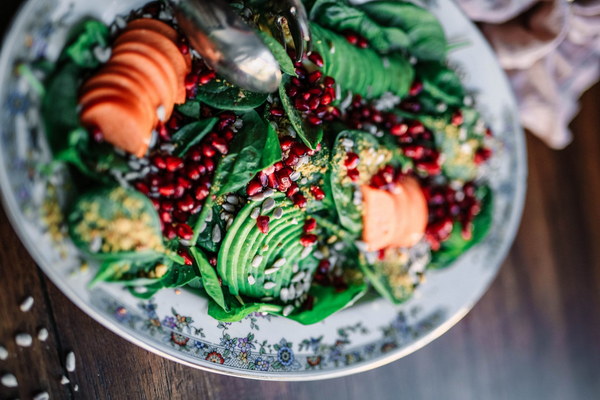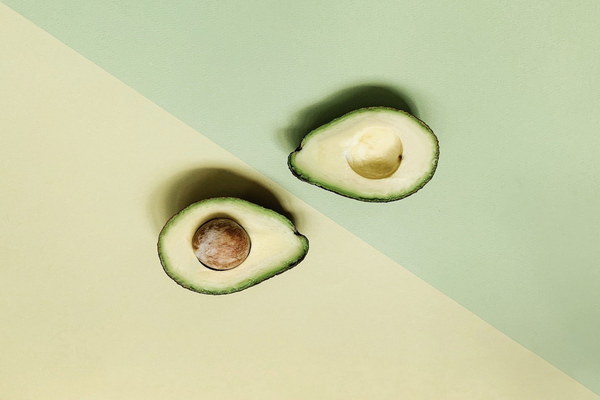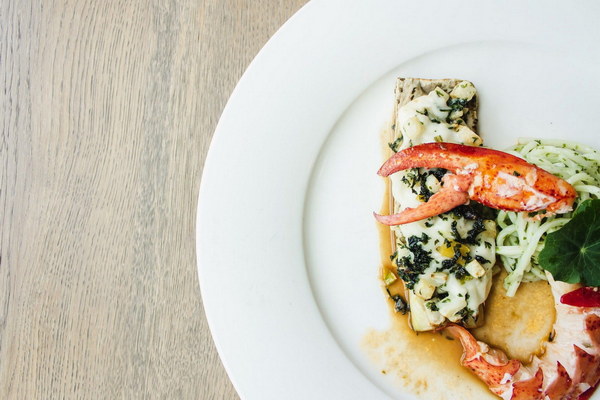Revitalize Your Health Unveiling the Secrets of Traditional Chinese Medicinal Tea
In the vast tapestry of traditional Chinese medicine (TCM), tea holds a special place. It is not just a beverage, but a blend of natural ingredients that have been used for centuries to promote health and wellness. Known as Yang Sheng Cha or health-preserving tea, these concoctions are a testament to the deep understanding of the human body and nature's healing properties. This article delves into the world of medicinal tea as outlined in the Chinese Pharmacopoeia, highlighting some of the most revered herbal blends that have stood the test of time.

The Chinese Pharmacopoeia, a comprehensive guide to traditional Chinese medicine, lists an extensive array of herbs, minerals, and other substances that have medicinal properties. Among these, tea is a staple, with numerous varieties believed to treat a wide range of ailments. Here are some of the most notable health-preserving teas, as documented in the Pharmacopoeia:
1. Green Tea (Lu Cha)
A staple in Chinese culture, green tea is renowned for its high content of antioxidants and polyphenols. These compounds help to reduce inflammation, lower cholesterol, and protect against heart disease. Green tea is also believed to aid in weight loss and improve mental alertness, making it a popular choice for those seeking to enhance both physical and mental well-being.
2. Jasmine Tea (Ji Mei Cha)
Infused with the delicate aroma of jasmine flowers, this tea is a soothing blend that has been used in TCM to treat anxiety, depression, and insomnia. Its calming effects are also believed to improve digestion and boost the immune system.
3. Chrysanthemum Tea (Ju Hua Cha)
Chrysanthemum tea is well-known for its ability to cool the body and alleviate heat-related conditions such as headaches, eye strain, and skin irritations. It is also said to improve liver function and reduce blood pressure.
4. Goji Berry Tea (Lu Ren Cha)
Made from the dried berries of the goji plant, this tea is a rich source of antioxidants and vitamins. It is believed to improve vision, boost the immune system, and enhance overall vitality. Goji berry tea is also thought to improve circulation and reduce stress levels.
5. Peppermint Tea (Bo He Cha)
With its refreshing and minty flavor, peppermint tea is a favorite for its ability to soothe an upset stomach and relieve indigestion. It is also used to treat colds, coughs, and respiratory issues.
6. Ginger Tea (Sheng Jiang Cha)
Known for its warming properties, ginger tea is often used to combat colds and flu. It can also help alleviate nausea, improve circulation, and boost the immune system.
7. Senna Tea (Da Huang Cha)
Senna tea is a potent laxative that is used to treat constipation. It is a powerful herb that should be consumed in moderation and under the guidance of a healthcare professional.
The Chinese Pharmacopoeia offers a wealth of knowledge on the benefits of these and many other medicinal teas. Each blend is thought to work in harmony with the body's own healing mechanisms, promoting balance and wellness. While scientific research is ongoing, the traditional use of these teas has stood the test of time, providing countless individuals with relief from various ailments and a path to improved health.
In today's fast-paced world, taking the time to brew a cup of medicinal tea is more than just a ritual; it's a connection to a timeless tradition of health and healing. Whether you are seeking to soothe your body or mind, or simply wish to indulge in the rich history of Chinese medicine, the world of Yang Sheng Cha is sure to offer something for everyone.
